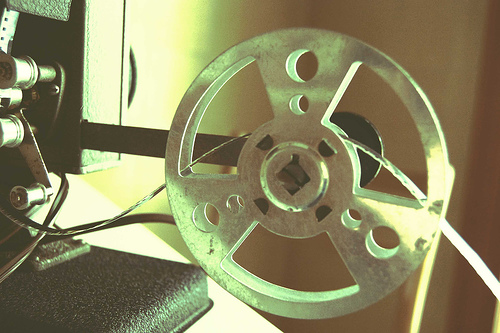
Journal Writing is one of the best things you can do to improve your memory, clarify your thinking, increase your creativity, and just become a more all-around awesome person. Sometimes, though, keeping a journal can become as stale as the crackers in my cabinet. Here’s a list of tips for better journal writing. Some of my categories overlap, but you’ll get the general idea.
General Techniques for Better Journal Writing
1. Write every day.
2. Aim for a set number of lines or pages everyday.
3. Fire your censors. Mute your internal editor. You’re writing for no one but yourself.
4. Use a trigger phrase to get started. For example, “Good morning,” “Here’s what happened,” etc.
5. Have conversations with famous (and infamous) people, living and dead.
6. Write in different conditions: awake, sleepy, tired, sick, drunk, drugged, etc.
7. Keep writing, even if you think you have nothing to say. Write “I have nothing to write.” You’ll come up with something.
8. Write an entry as if you were ten years older or younger.
9. Make lists of things you like, dislike, things that piss you off, make you want to murder, etc.
The Physical Journal
10. Use a paper journal and a good pen. If you’re really fastidious, aim for good handwriting, but don’t worry about it looking pretty.
11. Tape or glue in scrap papers, ticket stubs, and traffic citations.
12. Record your progress towards completing projects or mastering skills. Maybe a daily status bar or percentage?
13. Note the date, at least. You can also add the time, weather, stock index, number of celebrity arrests, etc.
15. Draw pictures in the margins. Add illustrations, diagrams, manuals, maps, pie charts.
Planning the Future
16. Plan future events, real and imaginary.
17. Elaborate on your goals. If you don’t have any, make some easy ones to get started.
18. Imagine wild success for any project, current or future.
19. Take a different look at a sticky problem. Imagine how someone from a different epoch or culture would approach the problem.
Recording the Past
20. Keep track of books you read, movies you watch, albums you listen to, performances you experience.
21. Recall conversations and details you notice about people.
22. Dig into your past, especially the mundane stuff; this is a great mental workout.
23. Forget your past by committing it to paper.
24. Reread old entries and laugh at yourself.
Understanding People and Place
25. Describe people as you see them and as you think they see themselves.
26. Describe the world around you. Imagine your eyes are microscopes…or satellites.
27. Write in a quiet place. Write in a loud place. Describe these places. Compare the difference.
28. Write in the woods or in nature. Call me a hippie, but writing in an orchard is always fruitful.
Engaging the Outer World
29. If you follow the news, write about your reaction to the big stories of the day.
30. History buffs can add a ‘this day in history’ paragraph. Some sites offer RSS subscriptions for these things.
31. Seek out and record good quotes.
32. Write reviews of books, movies, albums, and performances. If nothing else, you’ll have plenty of fodder for cocktail parties.
Further Resources:
For some great prompts, check out Writing Forward’s Journal Prompts
Journal and expressive writing improves your health. Check out this study.
An Ode to Writing By Hand (Plus Tips for Improving your Handwriting): In Defense of Handwriting.
How to Start Keeping a Daily Journal: Master Your Mental Monkey
Over to You: Do you keep a journal? Do you have any tips to share?
photo credit: Lidal-K

Comments on this entry are closed.
“…writing in an orchard is always fruitful.” Hilarious! Have you heard that time flies like an arrow; fruit flies like a banana?